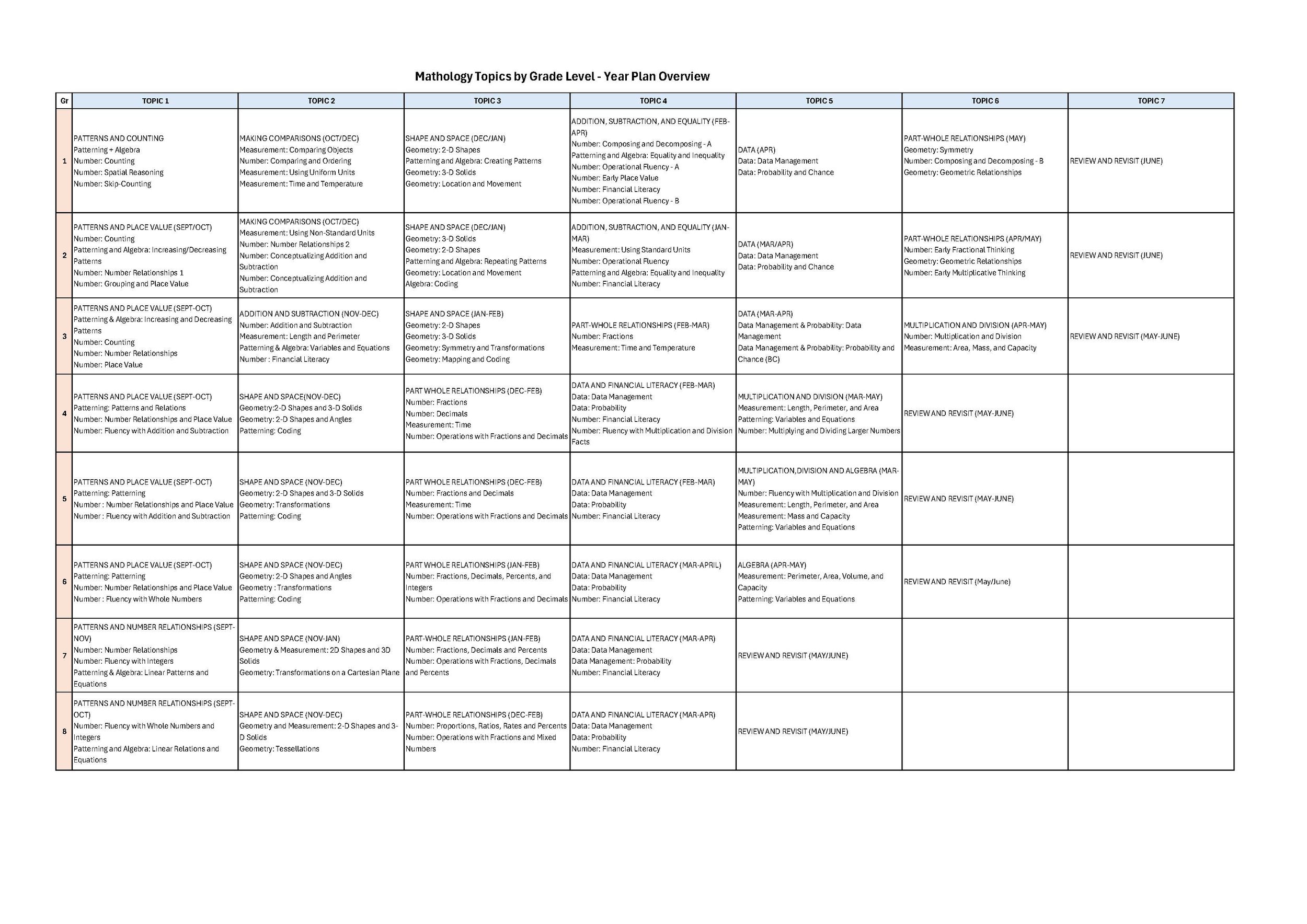The First Nation School Board’s Numeracy Strategy aims to improve numeracy outcomes for students in a culturally-inclusive model following a targeted and comprehensive approach. We do this by increasing supports and training, following best-practices in math teaching, and developing useful and relevant assessment and instructional methodology. Read our Numeracy Strategy.
Executive Director, Melissa Flynn and Lead Numeracy Coach, Stefan Banjevic sit down with CBC’s Joseph Ho on the Midday Cafe to talk about FNSB’s made-in-Yukon numeracy assessments and our approach to supporting numeracy for our learners.
- February 20, 2025Let's learn how to count in Dän k'e (Southern Tutchone)!
Check out this resource to help you master counting in Dän k'e.
Resources for Families
Numeracy starts at home! Whether it’s talking about the days of the week, measuring ingredients for a recipe, how far you will travel on your next adventure or how much wood you will use this winter, there are daily opportunities to develop our learners’ understanding of numbers.
-
Here are some great ideas that allow you to incorporate numeracy throughout the day.
Group and Sort: Find opportunities to sort and count different types of objects in the home, outside, while cleaning up etc.
Example: if you are picking berries, encourage your child to separate different types and count how many they have of each.Measure: Use height, weight, distance, time, amounts and appropriate units where possible.
Examples: When driving or hiking, ask children to estimate distances and compare different trips. When making bannock, have children measure out the ingredients. Ask them to double the recipe and calculate the new measurements.Patterns: Ask children to find and predict patterns around them.
Examples: In beadwork, sewing and weaving, describe the pattern (1 blue, 2 red, 1 yellow…). Look at patterns in the phases of the moon, or time of sunrise and sunset.
-
Here are some games that you could play as a family that encourage building number sense:
Card Games: Many card games encourage number sense, skip counting, addition, subtraction and logical thinking.
Examples:
Concentration - great for number recognition, pairing, memory, concentration.
Tens Go Fish - Play the game with numbers that add to ten.
Pyramid Solitaire - practice numbers that add to 13.Dice Games: Dice games allow for number recognition, counting, adding and subtracting.
Examples:
Yahtzee - Great for practicing skip counting, addition and early multiplication, as well as probability.
SKUNK - addition, multiplication, probability.
20 games to play with dice - a variety of simple games.Board Games: Most board games involve dice, counting and strategy.
Examples:
Snakes and Ladders - counting to different numbers.
Monopoly - counting, financial literacy, strategy.
Adsumudi - Board game focusing on operations.
-
Take a look at these websites for more in depth resources.
Indigenous Math Education Network - A collaborative space that weaves Indigenous culture, stories, pedagogies, place/land and math education.
Encouraging Math Learning at Home - a guide for parents by the Ontario English Catholic Teachers Association.
K5 Learning - free worksheets for every grade level.
Family Math Night - games to play as a family.
-
Reading as a family can improve both literacy and numeracy:
A Forest of Numbers - Decodable text, Indigenous author and numbers!
Numeracy Instruction
Educators at FNSB schools teach numeracy based on the Mathology program. It is valuable for families and caregivers to be aware of what is being taught and when so you can provide another layer of support around our learners.



